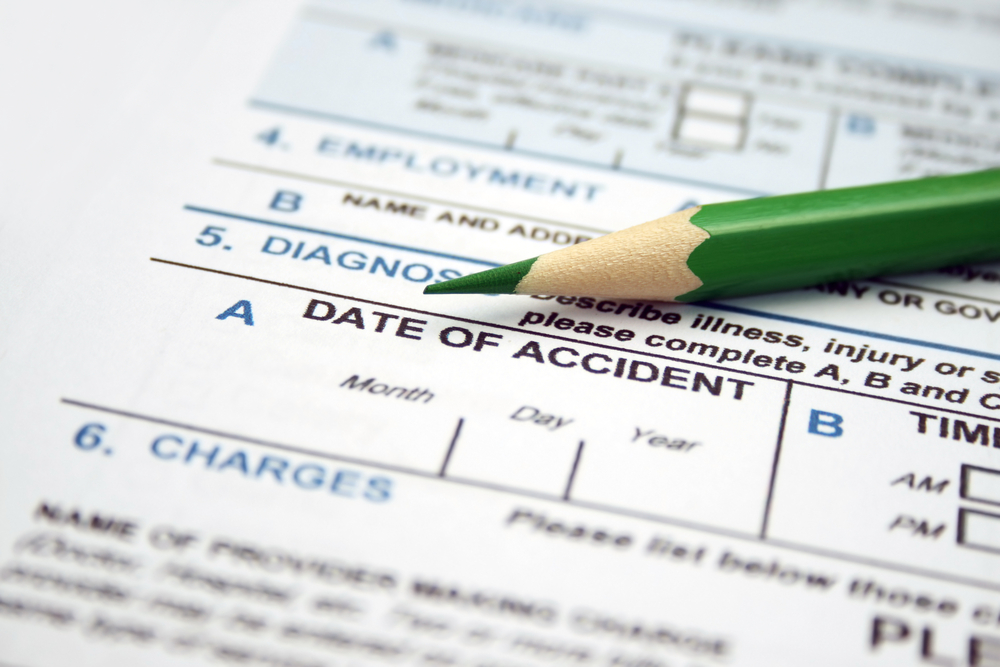
The American Bureau of Shipping (ABS), the American Club and Lamar University recently concluded a comprehensive study on shipboard maritime injuries. The study offers “unprecedented insight” into accidents that happen at sea. The results of the study highlight the need for better reporting of maritime injury incidents and close calls.
Comprehensive Study on Shipboard Maritime Injuries
The study analyzed data and records from more than 12,000 maritime injuries. In addition, the study analyzed around 100,000 near-miss incidents reported by ABS and Lamar Mariner Safety Research Initiative (MSRI). It also included insurance data from the American Club.
The goal of the project was to offer insight into where and how maritime injuries occur. This helps the industry adopt better standards and work toward preventing accidents.
Researchers found that a great deal of data was incomplete or inconsistent, which created challenges in their analysis. The team is calling on the industry to set more comprehensive standards for reporting maritime injuries – actual injuries and near-misses. In the meantime, studies like this one help pave the way for better standards, reporting and safety.
Co-director of the MSRI at Lamar University, Dr. Brian Craig, says,
“This industry, academic, and class partnership provided valuable insight into the financial impact of injuries across the maritime industry. This is another tool to help provide better solutions to help prevent the occurrence and reoccurrence of maritime injuries. We all believe that this partnership will help improve the welfare of the maritime industry’s most valuable asset: its seafarers.”
Most Common Shipboard Maritime Injuries
Researchers found a few types of incident more common than others. Injuries from lifting and slip and fall injuries account for more than 1,300 of the reports in the study. The study further breaks down the injuries and impacts:
- Lifting Injuries – Average cost per incident is $48,000
- Slip Injuries – Average cost per incident is $56,000
- Fall Injuries – Average cost per incident is $88,000
Depending on the part of the body affected, the cost may be much higher. Head and neck injuries average more than $100,000 per incident. Back and torso injuries average around $66,000.
It is important for the industry to understand why and how maritime injuries occur, as well as the most common body parts affected. This offers insight that can be helpful in creating safety protocols and improving the wellbeing of maritime workers.
Maritime Worker Rights
Aside from the importance of understanding maritime injuries in order to improve safety and reporting, it is also important because of the nature of maritime injury claims. Maritime workers do not qualify for standard workers’ compensation benefits. Instead, they must file injury claims under the Jones Act and applicable maritime laws.
Having a proper report of an accident or injury is important in order to prove a work-related injury and obtain benefits. Maritime workers generally qualify for maintenance can cure benefits regardless of how or where the accident happened. In order to get benefits under the Jones Act, however, they must prove that another party was negligent.
Maintenance and Cure
Maintenance and cure benefits cover an injured worker’s living expenses while he or she recovers, such as:
- Medical expenses
- Rehabilitation
- Transportation to doctor appointments
- Rent or mortgage
- Utilities
- Taxes
- Food
Workers are entitled to these benefits until they are cleared to return to work from a physician.
The Jones Act
Workers who file a claim under the Jones Act may be entitled to benefits, but they must prove that another party – generally their employer – was negligent in causing their injuries. The injury must be due to someone else. The injured worker has the burden of proving negligence, which is why proper reporting is so important in these cases. Under the Jones Act, workers may recover damages such as:
- Medical expenses
- Lost wages
- Pain and suffering
- Disfigurement
- Loss of earning capacity
These claims must be filed within the state’s statute of limitations.
Getting Help with a Maritime Injury Claim
If you work in the maritime industry and are injured, you may find it helpful to speak with a maritime injury lawyer about your situation. A maritime injury lawyer can review your case and determine the best options for you to recover compensation. If your case qualifies for benefits under the Jones Act, we can help you gather evidence and prove your claim.
At Maritime Injury Guide, our attorneys are well versed in maritime law. We know how to determine what laws apply to your case. No matter how and where your injury occurred, we can certainly help you protect your rights and get compensation. We handle maritime injury claims across the United States – from New York to Galveston to Los Angeles.
Don’t let maritime injuries overwhelm you and your family. Get the help you need by contacting Maritime Injury Guide. For questions or to request more information, call us at 1-866-871-8422. Or, you can contact us via our online contact form.
Source: